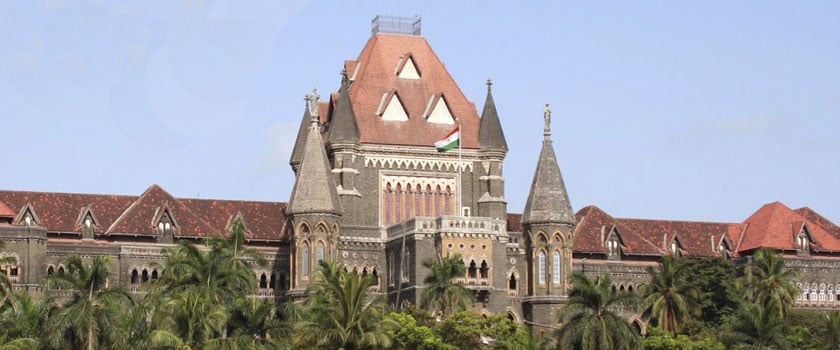
High Courts:
High Court cases refer to legal matters that are heard and adjudicated by a country's or a region's High Court. High Courts typically have original jurisdiction over certain types of cases, as well as appellate jurisdiction over decisions made by lower courts. The exact jurisdiction and procedures can vary between different legal systems, but here are some general features of High Court cases:
- Jurisdiction:
- Original Jurisdiction: High Courts often have original jurisdiction over certain types of cases, meaning that these cases can be filed directly with the High Court. Examples include constitutional matters, disputes involving substantial amounts of money, or cases of significant public importance.
- Appellate Jurisdiction: High Courts also serve as appellate courts, hearing appeals from decisions made by lower courts, tribunals, or administrative bodies.
- Types of High Court Cases:
- Civil Cases: High Courts hear civil cases, including contract disputes, property matters, family law cases, and more.
- Criminal Cases: High Courts handle criminal appeals, revision petitions, and cases involving serious criminal offenses.
- Constitutional Cases: Matters related to constitutional law, fundamental rights, and constitutional interpretations are often brought before High Courts.
- Administrative Law Cases: High Courts may review decisions of administrative bodies, ensuring that they act within the scope of their authority and adhere to legal principles.
- Appeals from Lower Courts:
- Litigants dissatisfied with decisions from lower courts, such as district courts or subordinate tribunals, can file appeals in the High Court.
- Writ Jurisdiction:
- High Courts often have the authority to issue writs, such as habeas corpus, mandamus, certiorari, prohibition, and quo warranto, to safeguard fundamental rights and ensure justice.
- Public Interest Litigation (PIL):
- High Courts may entertain public interest litigation, allowing individuals or organizations to bring matters of public importance before the court.
- Specialized Benches:
- Some High Courts have specialized benches to deal with specific types of cases. For instance, a High Court may have a family court bench to handle family law matters exclusively.
- Procedure in High Court Cases:
- Filing Petitions: Litigants initiate High Court cases by filing petitions or appeals, providing details of the case, and stating the relief sought.
- Hearing: The High Court hears arguments from both sides, examines evidence, and applies legal principles to make decisions
- Appellate Proceedings: In appellate matters, the High Court reviews the records of the lower court and may hear oral arguments before rendering a decision.
- Writ Proceedings: In cases involving writs, the court may issue orders to protect rights and ensure justice.
- Role of High Court Judges:
- High Court cases are presided over by judges, and the composition may include single judges or benches of multiple judges. The Chief Justice typically heads the High Court.
- Enforcement of High Court Orders:
- Decisions and orders issued by the High Court are enforceable, and lower courts are bound to follow the precedent set by the High Court within its jurisdiction.
- Appeals to the Supreme Court:
- Decisions of the High Court may be subject to further appeal to the country's or region's Supreme Court.
- Public Access to High Court Proceedings:
- High Court proceedings are generally open to the public, and judgments are made available for public scrutiny.
- Contempt Jurisdiction:
- High Courts have the power to punish individuals for contempt of court, ensuring the dignity and authority of the judiciary.
The specific rules, procedures, and jurisdiction of High Courts can vary significantly between different jurisdictions. It's essential to consult the relevant legal statutes and rules applicable to the specific High Court in question for detailed and accurate information.
